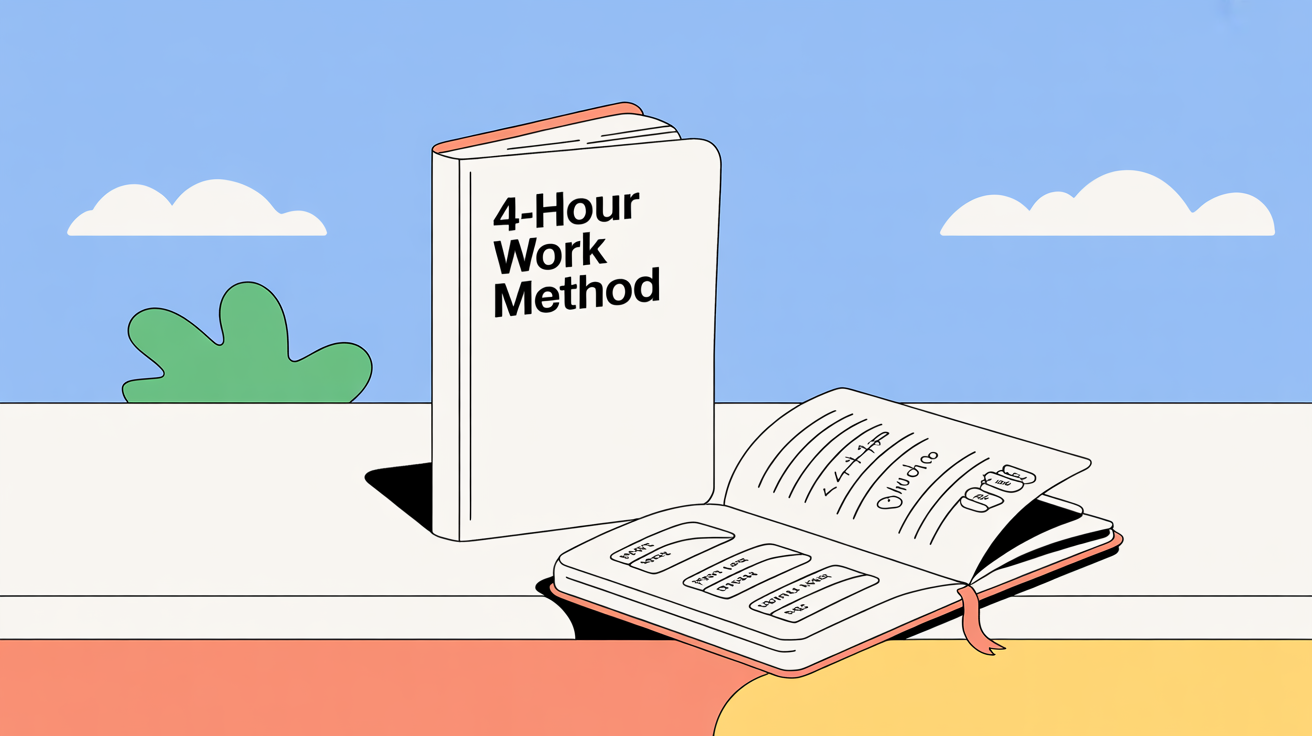Love unfolds in three realms: love at first sight, mutual devotion, and growing old together. You will feel instant attraction to many, share a true reciprocity with a few, and ultimately grow old beside a single soul.
The worst fate is this: in youth you long to grow old with everyone you meet; in old age you still fall in love with every face you pass.
Life itself is a journey. Our vision is a lone searchlight that illuminates only the hundred metres around us; beyond that circle we hear only legends and rumours. Therefore, within the radius we can see, plan with precision; for the lands we’ve merely heard of, chart broad courses; and for the places we’ve never even imagined, we must simply believe.
成功
Success has always been a pastime for the privileged few. Society first hands us its definition of “success”—a credential without which happiness is forbidden—then bares its teeth, ushering us into a contest where only a handful will laugh while the majority weep.
Along the way we obediently become minds without hearts. Like Professor Xu Kaiwen of Peking University laments, we suffer from “hollowness”: creatures of flawless logic but scant feeling, obsessed with altitude yet blind to respect. We grow into the shapes others demand and wear that borrowed mold like a medal, until, somewhere in the process, we misplace ourselves.
How, then, do we pursue success without forfeiting the self? Remember this: being interested is more important than being significant. Psychologist Crumbaugh divides life’s meaning into two planes:
- Meaning possessed—knowing what your life already stands for, what you are chasing.
- Meaning pursued—continually asking, “What else might my life mean? Am I burdened with cosmic purpose, or merely stuck with a shabby script?”
The first sustains the present; the second enlarges the future. One speaks to the heart, the other to the head—and both philosophers and comedians seem chronically unhappy, for the hunt for meaning devours happiness.
Socrates-Plato observed that “all human acts aim at pleasure.” Freud claimed we are driven by Eros and Thanatos. In other words, our motives spring from instincts and subconscious urges we scarcely understand. For two millennia thinkers have wrestled with the riddle, “Why do people do what they do?” Fate scatters us across different terrains; the best we can do is accept what we have, seek what we want, and excel at what we can—however “meaningless” that may appear.
Contemporary psychology says humanity, beyond basic survival, is fueled by distinct psychological needs—internal and external motives:
- Intrinsic motives: autonomy, competence, and belonging. What can I do? Can I do it well? Do I enjoy doing it? The stronger these sensations, the greater the meaning and the fiercer the inner drive.
- Extrinsic motives: money, praise, status, and the like.
The richer our intrinsic motives, the higher our performance, creativity, and odds of success.
Here we must untangle two often-confused notions: value and price. Every pursuit has both. Value springs from the self-system; price from the social system. The gravest error is letting price judge value. Value is multidimensional; price is single-file. Frequently they diverge: a costly restaurant may serve mediocre food; a wealthy man may be a poor match; a designer coat may sit ill on you. What matters is harmony with your inner landscape. Know the value you seek. The wise select a fitting price for genuine value; the foolish pay absurd prices for illusory worth. Saddest of all are the hollow ones—they cannot name their values, so they let price dictate them.
How to tell whether what we are doing is interesting or merely meaningful? Ask:
• If it required sacrifice, would I accept the cost?
• Do I enjoy the company of those who dwell in this field?
与其在等待中枯萎,不如在行动中绽放
Life is a range of peaks. Before you conquer Everest, master the mountain that fills your horizon. From each summit you glimpse the next crest, and by pursuing each “interesting” endeavor to its limits, you ascend to heights you never imagined.
Ask a climber why he climbs and he answers, “Because the mountain is there.” Three steps will set you in motion:
- Before you begin, resist drafting lavish blueprints. The subconscious is a skittish cat; grand designs send it fleeing. Scale the plan down until it is tiny—so small you hold it in one hand, so easy you control it without strain. Heaven does not demand you succeed at once; it merely asks you to try.
- Do not wait. Waiting for the perfect apology has cost you friends; waiting for the perfect confession has cost you love; waiting for the perfect condition robs you even of a first attempt. When a good beginning is unavailable, permit yourself a bad one. Churchill dared not paint until a lady splashed a palette of color across his blank canvas; the chaos freed his hand. A flawed start is at least a third of success.
- Persist—sometimes long enough for fate to toss you a reward. Trust your latent power: treat it as a personal adviser. Believe in it from the outset and it will labor ever harder on your behalf; distrust it and rely on substitutes, and it will drift away, absent when you finally call.
Yet persistence alone is not virtue; learn to discern. As Tagore warned, “If you shed tears when you lose the sun, you will also miss the stars.”
The worth of an endeavor lies not in its present value but in its value to come. If a job, a major, or a relationship is plainly wrong for you, the wisest course is to quit with all speed. Otherwise you are the cinema–goer who endures a dull film simply because the ticket cost fifty yuan—paying double for a loss that should have ended at the door.












Discussion